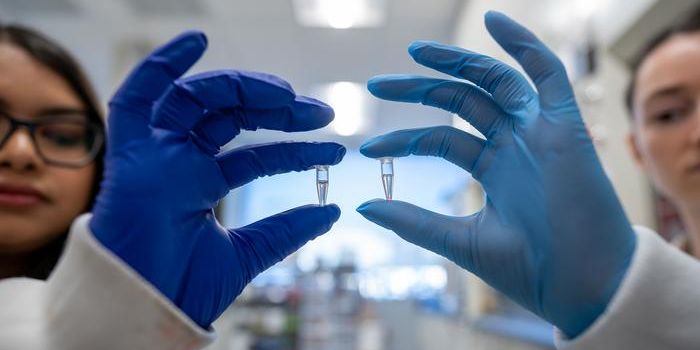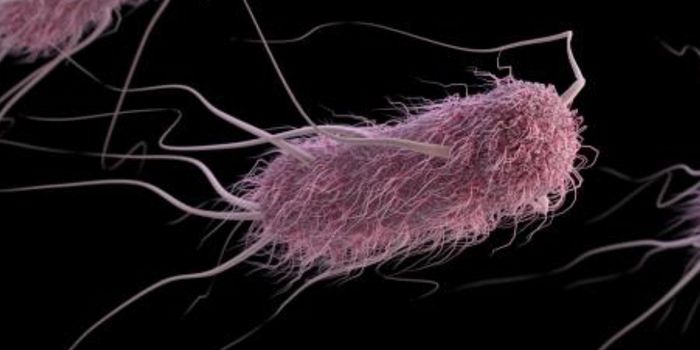Gut Microbes Use Unusual Chemistry to Survive
The community of microbes in the gastrointestinal tract, the gut microbiome, is an essential partner in digestion. Those microorganisms help us break down certain foods and absorb nutrients, and the microbiome has a close connection to our health and well being. The gut is usually devoid of oxygen and gut microbes only have access to the foods we consume; many of them have devised unique ways to survive in that specialized environment. A new study reported in Nature Microbiology has identified 22 metabolites that are used by three very different bacterial families for respiration instead of oxygen.
Many of these microbes were found to carry hundreds of copes of genes that encode for enzymes that are related to these alternative metabolic strategies, which is far more copies than are found in microbes that do not reside in the gut. Anaerobic gut bacteria could also be using other molecules to generate energy, which have not yet been revealed.
Different metabolites are made by gut bacteria, and many unique metabolic processes could be involved. "This is interesting because one of the main ways the microbiome impacts our health is by making or modifying these small molecules that can then enter our bloodstream and act like drugs," noted senior study author Sam Light, PhD, an Assistant Professor of Microbiology at the University of Chicago.
In cellular respiration, energy is produced through a process in which glucose often acts as an electron donor and oxygen acts as an electron acceptor. The glucose is broken down, ultimately generating cellular fuel called ATP. While that is a common biochemical strategy in organisms that have ready access to oxygen, organisms in anaerobic environments employ different processes. Fermentation can also generate energy through the direct breakdown of molecules.
In the gut, most bacteria use fermentation. But some bacteria can use carbon dioxide or sulfate as electron acceptors in respiratory metabolic processes.
The researchers analyzed the genomes of about 1,500 human gut bacteria, and were intrigued by the number of genes encoding for reductase enzymes. Many distinct bacteria with only distant links were found to carry these enzymes. Reductases can use different electron acceptors in cellular respiration. These microbes can also use organic metabolites, which is unusual for microbes in general, but not so strange for gut microbes, which are only exposed to food we consume.
All of that food brings lots of organic material to gut microbes, which then need myriad enzymes to make use of what they encounter so they can survive, explained Light.
Some of the unique metabolites revealed in this study could be also relevant to human health. For example, type 2 diabetics often carry unusually high levels of an amino acid byproduct known as imidazole propionate; resveratrol is another metabolite that can affect different biological processes; itaconate is released by macrophages during infections.
The more we learn about the metabolites of gut microbes, the more likely it is that we can use them to benefit human health. "So, in whatever context, like type 2 diabetes or following an infection, we could control which metabolites are being produced to have a therapeutic benefit," suggested Light.
Sources: University of Chicago, Nature Microbiology









